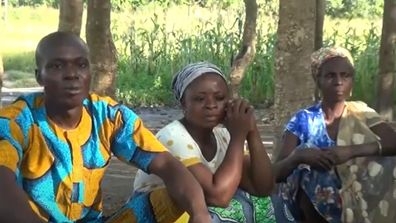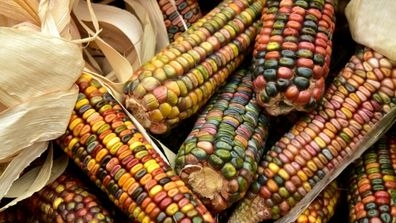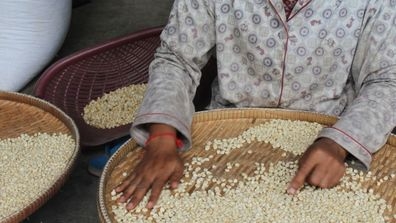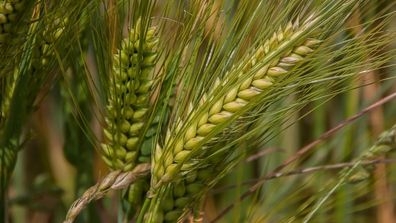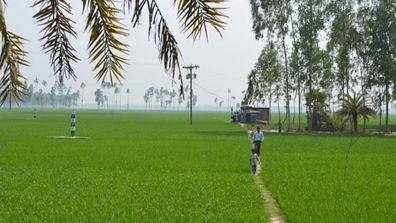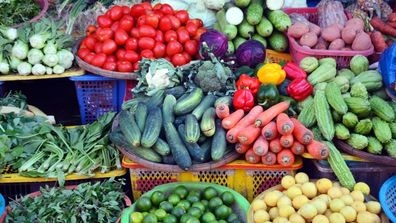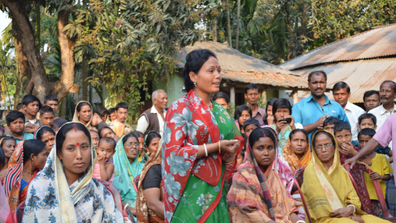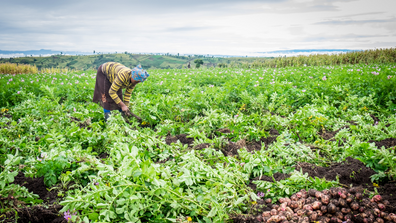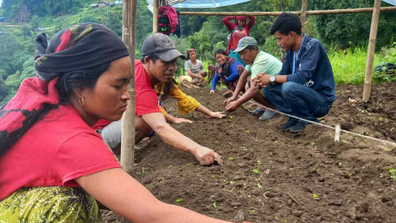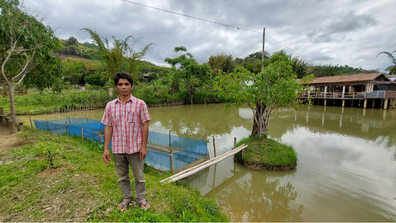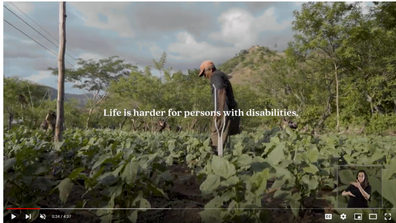Project to Support Food Production and Build Resilience in Benin
PAPVIRE-ABC helps boost food production by developing agricultural value chains through improved farm productivity, technological innovations, and the promotion of agricultural entrepreneurship.
'You wait, but nothing comes:' Honduran farmers at the mercy of climate-change-induced drought, floods
“The varying weather patterns really affect the animals,” said Maldonado, 43, noting that if he doesn’t have enough to feed them, the milk they produce isn’t as nutritious. “Climate change has hurt us a lot.”
Future-proofing farmers in the world’s most climate-exposed areas
From farm to table, the Global Agriculture and Food Security Program (GAFSP) puts climate adaptation at the core of its programming.
New Dashboard to Track Food and Nutrition Security and Global Response
The Global Alliance for Food Security, jointly convened by the German Group of Seven Presidency and the World Bank Group, today launched the Global Food and Nutrition Security Dashboard as a key tool to fast-track a rapid response to the unfolding global food security crisis.
Accelerating Food Systems Resilience: GAFSP Launches a New Call for Proposals
On October 13th, GAFSP officially launched the 2022 Call for Proposals at the IMF-WBG Annual Meetings.
Responding to crisis with a long-term view
To help countries mitigate the current food security crisis, GAFSP has launched a Call for Proposals to accelerate countries' financing and support the design and implementation of solutions in line with their national strategies and current priorities.
Transforming Food Systems: Investing in Producer Organizations, Innovative Approaches to Support Smallholder Farmers
This event will highlight the importance and the advantage of investing in producer organizations to enable their members to become their own change agents, enabling them to make effective decisions about their businesses and improve their livelihoods.
Fact Sheet: 2022 Call for Proposals to Accelerate Food Systems Resilience
GAFSP will launch a new Call for Proposals in 2022 to provide grant financing to assist low-income countries and smallholder farmers, to mitigate the impacts of the current food security crisis while also supporting efforts to build resilient and sustainable food systems.
Supporting Smallholders During Crises in Honduras
In Honduras, IFC advisory services with the support of GAFSP helped Cadelga create an agrifinance unit that provides loans to smallholders in the form of fertilizer, seeds, and irrigation technology.
Towards Green, Resilient, and Inclusive Agriculture Development in Nepal
Gurung is just one of the 60,689 direct beneficiaries of the project who were affected by the 2015 Nepal earthquake and the frequently occurring natural disasters and climate-related impacts.
Making Fish Big Business in Northern Lao PDR
Thirty-nine-year-old Xienginphone Phengthavong is a typical smallholder farmer from the village, growing rice as the main staple food, cultivating vegetables in the home garden, and raising fish in his fishpond, all for household consumption.
Harvesting Inclusion in Honduras: Improving Food Security & Livelihoods for Persons with Disabilities
PROSASUR in Honduras increases the availability of quality food and the incomes of poor rural people in order to improve nutrition and reduce child stunting. The project has made significant progress on social inclusion, and for the first time in the country, has developed an approach to ensure disability inclusion.
